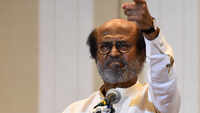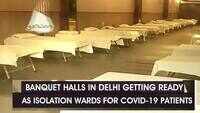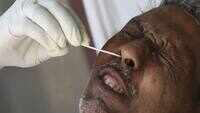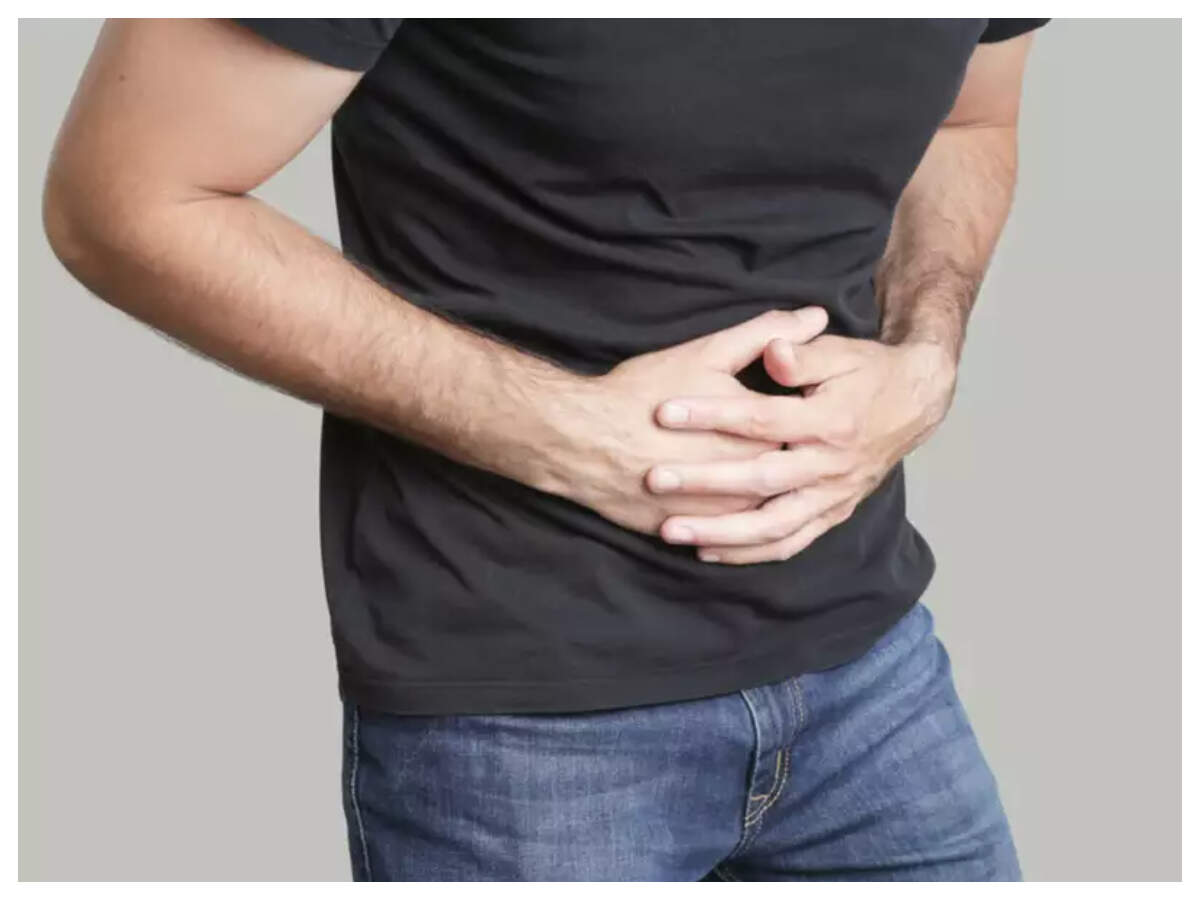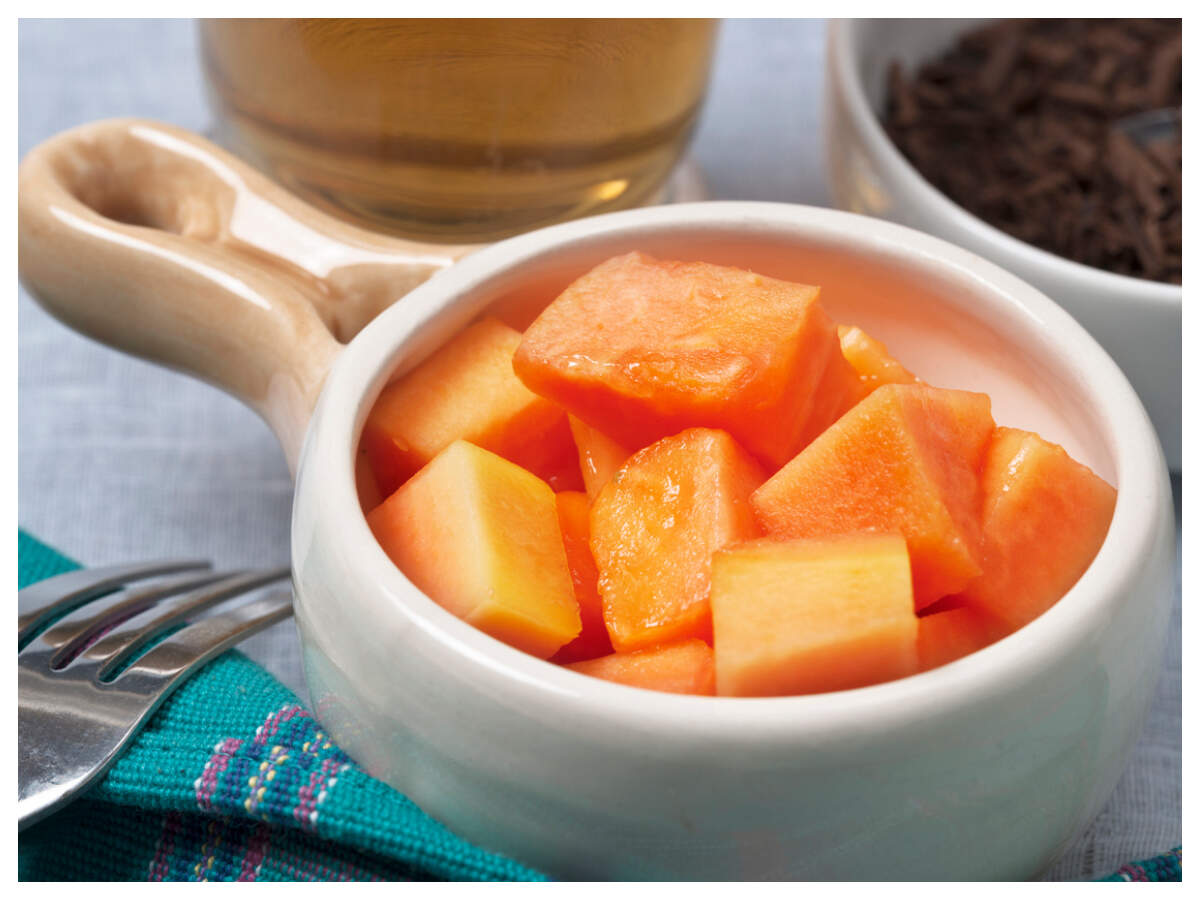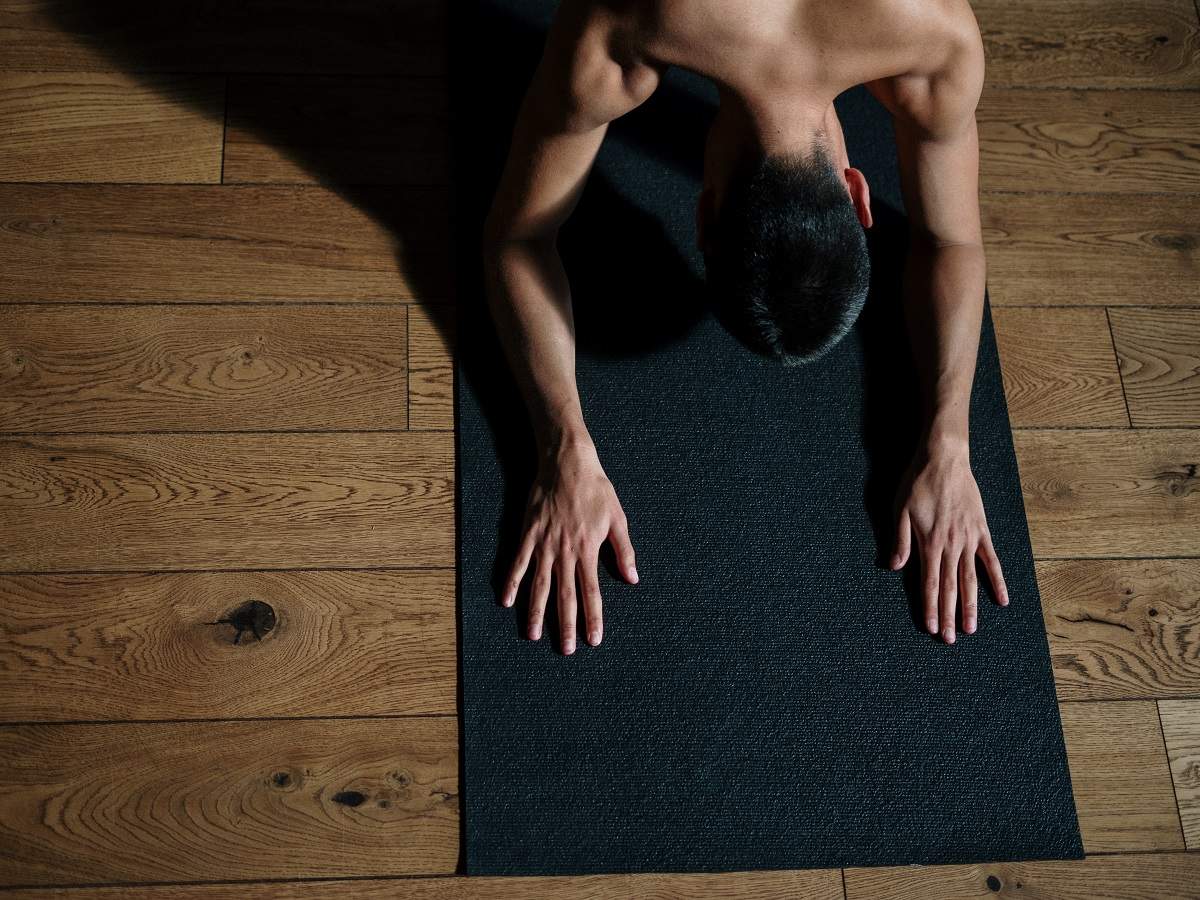
Coimbatore: It has been three months since the Covid-19 nodal doctor of ESI Hospital Dr K Ganesamoorthy had a sit-down meal with his family or gave his two teenage children a hug.
He now asks them how their day was and catches up through a long video call after he returns home. Initially, he had banned his wife, a medical officer with a primary health centre, also from having meals and being close to the children. The doctors say the psychological impact of quarantine is harder than stress of treating Covid-19 patients.
In mid-March, Dr Ganesamoorthy was informed that he would be the nodal officer for Covid-19 treatment. “Initially, my children were worried. They asked me how safe I would be. Then I showed them a PPE kit, assured them that I would wear one when touching or interacting with patients,” he said. “Even during my video calls with me, they would first check on me and my health and ask if I was careful,” he added.
When the first few patients began trickling into the hospital in March third week, the physician began putting in place all the protocols.
“I moved myself into one of the bedrooms upstairs. I was initially quarantined in a hotel, but later when I moved back home, I ensured my children don’t come upstairs and I don’t touch anything downstairs,” he said. “In fact, there were weeks together when my kids and I wouldn’t see each other,” he added, admitting that it often felt lonely, for both him and the children.
The stress of probably infecting people close to him also played on the doctor’s mind. “It initially felt bad to leave a box of food outside my aged mother’s house daily and not be able to see her. I would also get a fright, when any of my family members coughed or sneezed,” he added.
However, three months later, the doctor says his family has gotten used to it. “Now they’re proud that we have not had a single death so far. They take pride in my role in patients’ recoveries. They now know we follow strict protocols when treating patients, which makes them feel more secure,” said the doctor. “We all have accepted that meals together may not be possible for many more months together, but we now make jokes about it,” he adds.
He now asks them how their day was and catches up through a long video call after he returns home. Initially, he had banned his wife, a medical officer with a primary health centre, also from having meals and being close to the children. The doctors say the psychological impact of quarantine is harder than stress of treating Covid-19 patients.
In mid-March, Dr Ganesamoorthy was informed that he would be the nodal officer for Covid-19 treatment. “Initially, my children were worried. They asked me how safe I would be. Then I showed them a PPE kit, assured them that I would wear one when touching or interacting with patients,” he said. “Even during my video calls with me, they would first check on me and my health and ask if I was careful,” he added.
When the first few patients began trickling into the hospital in March third week, the physician began putting in place all the protocols.
“I moved myself into one of the bedrooms upstairs. I was initially quarantined in a hotel, but later when I moved back home, I ensured my children don’t come upstairs and I don’t touch anything downstairs,” he said. “In fact, there were weeks together when my kids and I wouldn’t see each other,” he added, admitting that it often felt lonely, for both him and the children.
The stress of probably infecting people close to him also played on the doctor’s mind. “It initially felt bad to leave a box of food outside my aged mother’s house daily and not be able to see her. I would also get a fright, when any of my family members coughed or sneezed,” he added.
However, three months later, the doctor says his family has gotten used to it. “Now they’re proud that we have not had a single death so far. They take pride in my role in patients’ recoveries. They now know we follow strict protocols when treating patients, which makes them feel more secure,” said the doctor. “We all have accepted that meals together may not be possible for many more months together, but we now make jokes about it,” he adds.
Quick Links
Kerala Coronavirus Helpline NumberHaryana Coronavirus Helpline NumberUP Coronavirus Helpline NumberBareilly NewsBhopal NewsCoronavirus in DelhiCoronavirus in HyderabadCoronavirus in IndiaCoronavirus symptomsCoronavirusRajasthan Coronavirus Helpline NumberAditya ThackerayShiv SenaFire in MumbaiAP Coronavirus Helpline NumberArvind KejriwalJammu Kashmir Coronavirus Helpline NumberSrinagar encounter
Get the app

